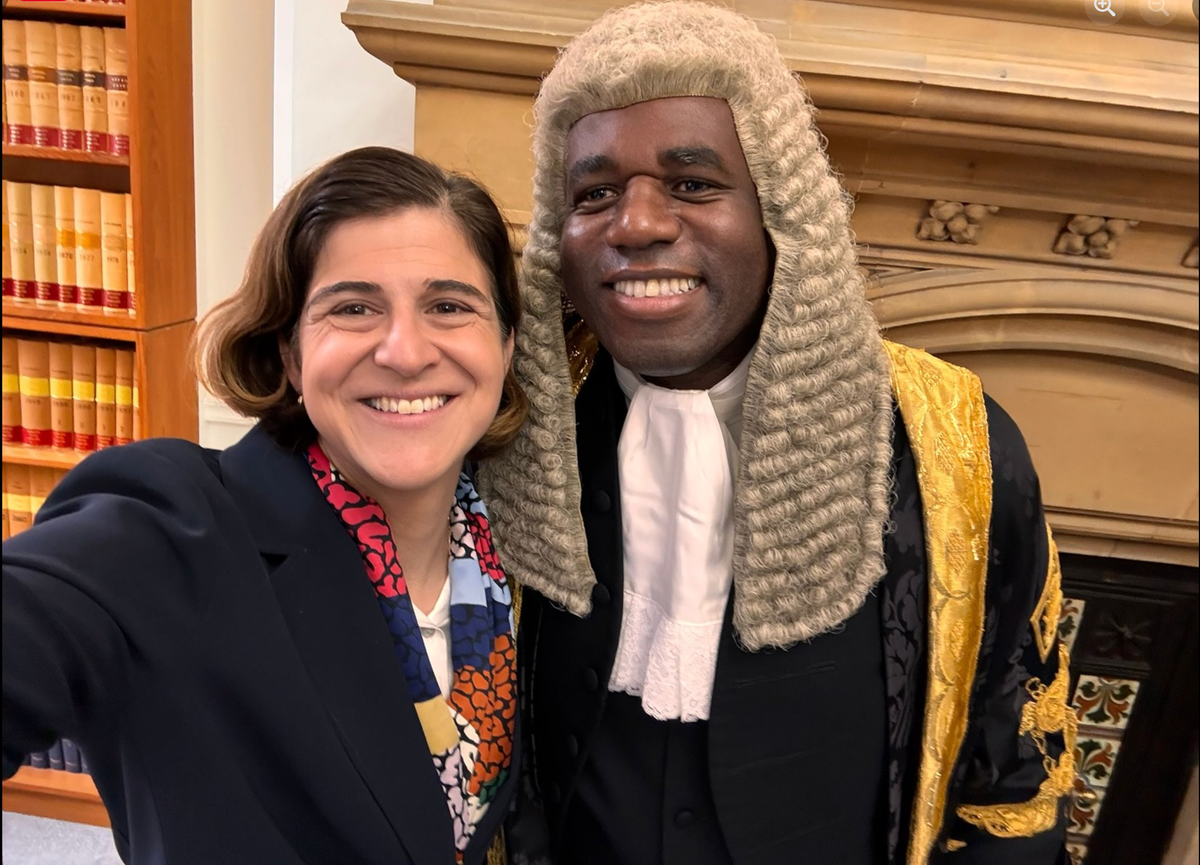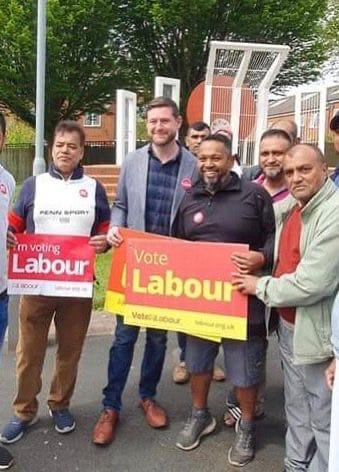One Law for All or No Law at All

Sharia councils are being normalised as part of “British values.” That lie strikes at the heart of our democracy.
"Where people choose to put themselves before those councils, in common with Christian, Jewish and other courts of faith, that is part of religious tolerance which is an important British value." Sarah Sackman - Justice Secretary
The Great Betrayal of British Values
When a government minister claims that Sharia councils are in line with British values, it is not diplomacy. It is surrender. It shows how far our leaders have drifted from the principles that once held this country together.
This is not a debate about faith. It is about power, justice, and the quiet collapse of equality under the law.
For years, politicians have turned British values into a slogan. Something printed on leaflets, recited in schools, or used in speeches to fill the silence. But when those values are tested, when they require courage, the same people who preach them fall silent. Sharia councils have become the latest example of that cowardice, presented as cultural understanding when in truth they represent the abandonment of fairness.
Three Ways Sharia Councils Betray British Values
The evidence is clear. Sharia councils are not harmless cultural bodies. They are operating systems that contradict the most basic principles of justice.
- Women Trapped in Unequal Marriages
In many cases men can end a marriage with a simple verbal declaration. Women, meanwhile, must seek permission from all-male panels who hold power over their lives. They face pressure from families and communities to comply. The idea that this is voluntary is absurd. It strips women of the rights they would have in a British court and replaces equality with submission.
- Daughters Denied Equal Inheritance
Under British law, a daughter has the same right to inherit as her brother. Under Sharia law, she receives half. That fact alone should end the discussion about compatibility. To claim this system reflects British values is an insult to the very idea of equality.
- Coercion Hidden Behind Tradition
Sharia councils are often described as voluntary mediators. Yet in many communities, refusing to attend one brings shame and isolation. Women are pressured, intimidated, and sometimes ostracised if they choose the British courts instead. This is not freedom. It is social control wrapped in the language of faith.
Each of these examples exposes a fundamental conflict. Sharia councils do not uphold British values. They undermine them.
What the Government’s Own Reviews Revealed
The government knows this problem exists. It has been documented in its own investigations.
The Siddiqui Review in 2016, commissioned by the Home Office, exposed widespread discrimination against women and confusion about the legal authority of Sharia councils. It warned that women were being denied their rights and that decisions were being made in conditions of inequality.
The Home Affairs Committee Inquiry examined whether these councils were creating a parallel legal system. It found that the lack of oversight allowed inconsistent, unfair, and sometimes unlawful outcomes.
The Casey Review on integration reached a similar conclusion. It warned that regressive religious and cultural practices were dividing communities and holding back equality, particularly for women.
All three reviews raised the alarm. All three were quietly ignored.
A Pattern of Betrayal
We have seen this pattern before. When councils and police turned a blind eye to grooming gangs, they said they were protecting community cohesion. When officials downplayed reports of abuse, they said they were promoting tolerance. Every time, the victims were ordinary people.
The same cowardice is at work here. Leaders are so afraid of being called intolerant that they allow injustice to thrive in plain sight. The language changes, the excuses change, but the betrayal stays the same.
The Road to a Two-Tier Britain
The idea that Sharia councils are compatible with British values is not just false. It is dangerous. It leads to a country where justice depends on who you are and which community you belong to.
Once the law becomes negotiable, it stops being the law. When equality is treated as optional, ordinary people lose faith that the system will protect them. That loss of faith corrodes democracy from within.

What Must Happen Next
There is still time to act, but only if the response matches the scale of the problem. The government cannot continue to pretend that reform alone will solve this. What we face is not a matter of better regulation. It is a question of whether Britain is prepared to defend the principle of one law for all.
Every Islamic marriage must be registered under British law.
This single act would protect thousands of women who currently discover, often after years of marriage, that they have no legal status, no right to property, and no protection in divorce. Registration brings marriages into the legal system where fairness is enforceable and justice is not dependent on religious interpretation.
Sharia councils must no longer be allowed to operate in the shadows.
At a minimum, they should be subject to a binding code of practice with full transparency, legal oversight, and public accountability. Their decisions should have no standing in British law, and no council should ever be allowed to present itself as a court.
But we must go further.
There is now a compelling argument for the outright closure of Sharia councils. For years, politicians have treated them as an inevitable feature of multicultural Britain. Yet their existence has created a parallel system of justice that undermines equality and fragments the social fabric.
A country cannot claim to defend equality under the law while simultaneously licensing institutions that deny it. The two ideas cannot coexist.
The choice is simple. Either we have one legal system that protects everyone equally, or we have many systems that protect no one fully.
People must be told the truth about their rights.
Too many are pressured into believing that Sharia rulings carry legal authority when they do not. Public education, legal outreach, and community engagement are essential to break the cycle of misinformation and coercion.
This is not about opposing faith. It is about protecting fairness. No religion should sit above the law. No citizen should live under a different standard of justice because of their background or beliefs.
The law must serve every citizen equally, or it serves no one at all.
The Line That Cannot Be Crossed
British values are not negotiable. They are not slogans or soundbites. They are the foundation of a free society built on equality before the law.
To say that Sharia councils reflect those values is to empty them of all meaning. It betrays the women silenced in community meetings, the citizens abandoned by institutions, and the principle of justice itself.
If our leaders are too frightened to defend the rule of law, then the duty falls to ordinary people to speak up. Because once we accept that different groups can live under different laws, we will have given up the very idea of Britain as a single nation.
When the law ceases to protect everyone equally, everything that follows is built on sand.
If my words have ever helped you make sense of a broken system, if they’ve ever made you feel seen, heard, or hopeful, please don’t scroll past.
🔴 Support my work. This fight is far from over.
There are no paywalls to access any of my work. I share all of my content for free. As well as sharing my thoughts on social media and running online workshops, each month, I travel across the country to meet with ordinary people. I charge no speaker fees. Nor do I claim a single penny in expenses.
All I ask in return, for that those that can afford to do so, to support me from just £3/month or £30/year. That’s 75p a week. Pennies to most - everything to help keep me going.
🔴 Prefer a one-off contribution?
👉 http://BuyMeACoffee.com/recusantnine
👉 http://paypal.me/RecusantNine
This is the fight. This is the moment. There will not be another.
- Raja 🙏